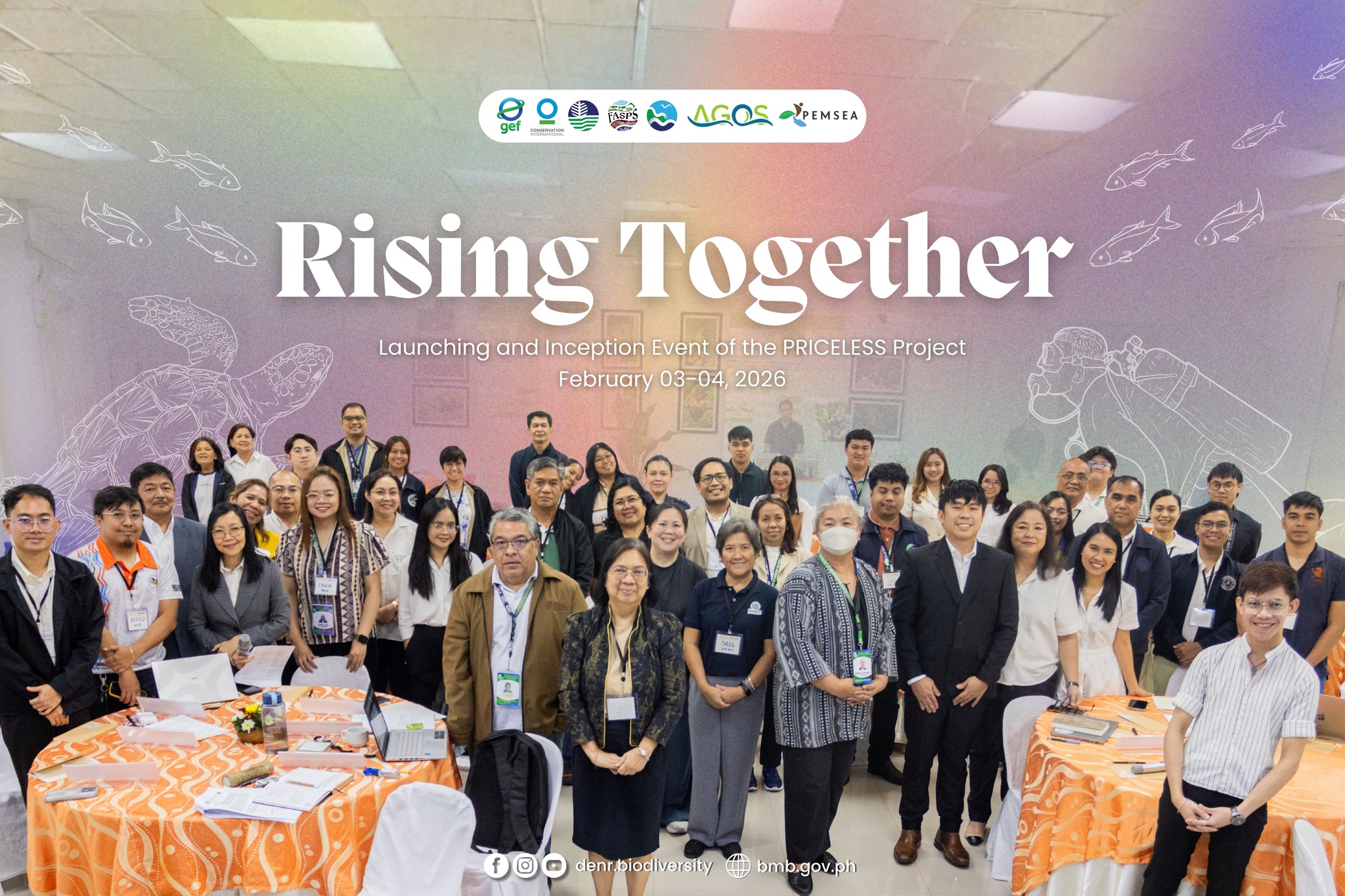Stakeholder Consultation and Formulation of SDS-SEA Work Program
Wednesday, 23 January 2008

Timor-Leste — One of the world's youngest nations, Timor-Leste has approximately 750 km of coastline and rich coastal and ocean resources. The country is in the process of rehabilitating and reconstructing its infrastructure, economic structures, and legislative, administrative and governmental institutions, with the primary goals of poverty reduction and equitable and sustainable economic growth.The rebuilding process provides a unique opportunity to start things right in the various aspects of governance by applying best practices and approaches. This includes laying a blueprint for nation building and long-term social and economic development, where integrated approaches in natural resource and environmental management and coastal and marine policy development could play a significant role. Strengthening of regional and international political, economic, cultural and scientific cooperation and relations is also considered very important.In line with these national goals, Timor-Leste joined 10 other countries in East Asia on 15 December 2006 in signing the Haikou Partnership Agreement for the implementation of the Sustainable Development Strategy for the Seas of East Asia (SDS-SEA), through the Global Environment Facility/United Nations Development Programme/Partnerships in Environmental Management for the Seas of East Asia (GEF/UNDP/PEMSEA) Project on the Implemention of the SDS-SEA.In accordance with the above commitment, stakeholder consultations and site appraisal were jointly conducted by government officials of the Ministry of Agriculture, Fisheries and Forestry (MAFF) and a team from PEMSEA that included marine specialist Dr. Clive Wilkinson, International Research Associate of the Reef and Rainforest Research Centre in Australia and Coordinator for The Global Coral Reef Monitoring Network, on 18-23 June. National agencies, local communities, potential local and international partners and collaborators, and stakeholders were consulted to identify the needs and concerns of the country in capacity development for the conservation and sustainable uses of coastal and marine resources. The mission covered study tours in Dili, Batugade, Liquica, and Manatuto, which are potential project sites for the formulation and implementation of the project. The information gathered were analyzed, integrated and translated into a work program during a workshop participated by officials of the MAFF divisions on fisheries, aquaculture, environmental protection, education and administration, an NGO representative and the PEMSEA team.The workshop agreed that an integrated coastal resource management project would have to take into consideration the country's conditions, needs, and priorities in development and implementation. It also needs to have appropriate policy support as well as immediate testing/demonstration at the grassroots level through activities that contribute to livelihood development and mitigation of further adverse impacts to existing natural resources.Taking the above points into consideration, the project for Timor-Leste will have three main components, namely:Development and adoption of integrated coastal and marine policy;Development and implementation of community-based supplemental livelihood program through seaweed farming and coastal resource conservation; andDevelopment and implementation of a management program for coral conservation/marine protected area within the ICM framework.An interagency and cross-sectoral coordination mechanism will be established to oversee and guide overall project implementation. Project management will be coordinated by the MAFF with other related agencies. The project components will be implemented by multidisciplinary teams in close consultation with stakeholders. A capacity-building program will be implemented to support project implementation.Identified potential sites will be confirmed pending further evaluation and consultation. Site-specific projects are expected to be the testing ground for the formulation of integrated coastal and marine policy, which would in turn provide policy support for the implementation, demonstration and sustainability of the site-specific projects.




